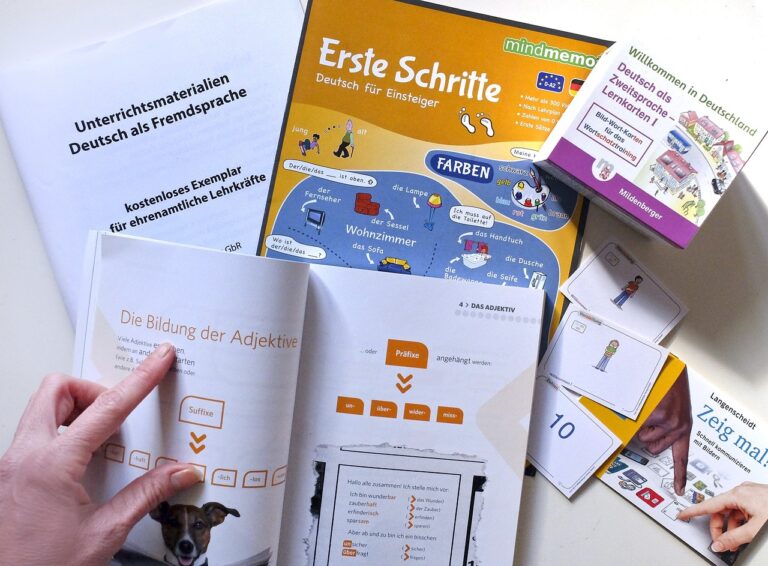How to Develop Problem-Solving Skills Through Student Exchange Programs: Bet book 250.com, 11xplay online, Yolo 247 login
bet book 250.com, 11xplay online, yolo 247 login: Student exchange programs offer a unique opportunity for students to immerse themselves in a new culture, study at a different institution, and develop important life skills. One such skill that can be greatly enhanced through student exchange programs is problem-solving.
Problem-solving is a crucial skill to have in today’s fast-paced world. It allows individuals to analyze situations, identify potential solutions, and implement the best course of action. Through student exchange programs, students are placed in unfamiliar and challenging situations that require them to think critically and come up with creative solutions. Here are a few ways in which student exchange programs can help develop problem-solving skills:
1. Cultural Differences
One of the biggest challenges students face in a student exchange program is adapting to a new culture. This requires them to navigate unfamiliar customs, traditions, and social norms. By learning to understand and respect different cultures, students can develop empathy, open-mindedness, and flexibility – all of which are key components of effective problem-solving.
2. Language Barriers
Communication is essential for problem-solving, and language barriers can pose a significant challenge in a student exchange program. Students must learn to effectively communicate with people who speak a different language, which can help improve their listening skills, patience, and ability to find alternative ways to convey their thoughts and ideas.
3. Academic Challenges
Studying in a different educational system can present academic challenges that require students to adapt their study habits and learning strategies. By facing these challenges head-on, students can improve their critical thinking skills, time management, and ability to seek help and collaborate with others to overcome academic obstacles.
4. Independence and Resilience
Living in a foreign country away from friends and family can be daunting, but it also provides an opportunity for students to develop independence and resilience. These qualities are essential for problem-solving, as they help individuals face setbacks, learn from failures, and persevere in the face of adversity.
5. Cross-Cultural Collaboration
Student exchange programs often involve working on group projects with students from diverse backgrounds. This collaboration can help students develop their teamwork, communication, and conflict resolution skills – all of which are crucial for effective problem-solving in a global context.
6. Adapting to Change
Lastly, student exchange programs require students to adapt to constant change, whether it’s adjusting to a new city, school, or host family. This ability to adapt and thrive in unfamiliar environments is a valuable skill that can help students become more resilient, resourceful, and innovative problem-solvers.
In conclusion, student exchange programs provide a rich and immersive learning experience that can greatly enhance students’ problem-solving skills. By embracing challenges, stepping out of their comfort zones, and engaging with different cultures, students can develop the essential skills needed to tackle real-world problems and succeed in an increasingly interconnected world.
FAQs:
Q: How long do student exchange programs typically last?
A: Student exchange programs can last anywhere from a few weeks to a full academic year, depending on the program and the student’s preferences.
Q: Can students receive academic credit for participating in a student exchange program?
A: Yes, many student exchange programs offer academic credit for courses taken at the host institution. Students should check with their home institution for specific details.
Q: Are student exchange programs expensive?
A: The cost of a student exchange program can vary depending on the program, location, and duration. However, there are scholarships, grants, and financial aid options available to help offset the expenses. Students should research funding opportunities and plan accordingly.







